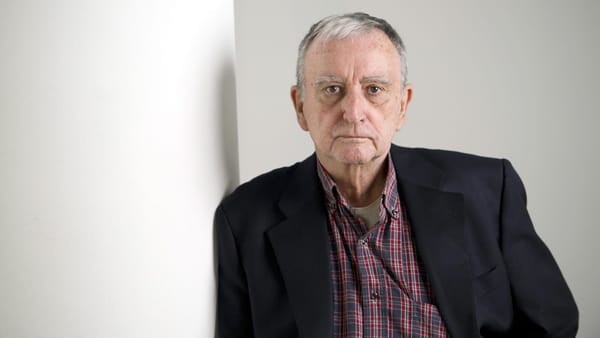Súper Kirchner
Según The Economist, nuestro país ya cuenta con un nuevo superhéroe. Sí, mas allá de Patoruzú o el Eternauta, tenemos ahora a Súper Kirchner. Sobre él se dice:
When Mr Kirchner took office in May 2003 few Argentines expected him to last a full term. He won the election after Mr Menem withdrew from the run-off, denying the incoming president a popular mandate. Mr Kirchner has since achieved popularity by presiding over a sharp recovery from an economic crisis that began in 2001 and by forcing creditors to write off much of Argentina’s public debt.
Economic success laid the foundation for Mr Kirchner’s accumulation of power. He slapped very high taxes, of more than 20% in some cases, on export revenues, which had been boosted by a devaluation of the peso and high prices for commodities. Unlike nearly all other government revenues, export taxes are exempt from the “co-participation” system under which a portion of federal tax is automatically distributed to the provinces. As a result, the provinces’ share of tax revenues fell from 39% in 2001 to 34% in 2005, making governors more dependent on Mr Kirchner’s goodwill. Unsurprisingly, five of the six governors from the Radical Party—theoretically the opposition—have allied with the president. He is likely to choose one as his running mate in 2007.
Ignoring their history of losses and inefficiency, Mr Kirchner has taken over enterprises once owned by the state and founded new ones. The postal service has been re-nationalised, along with Buenos Aires’s water utility; the government has acquired minority stakes in the main privately owned airline and the airport operator. New state enterprises now being created include another airline, an energy company and a manufacturer of satellites. All this will enable Mr Kirchner to set a wide range of prices directly, to steer investment to favoured regions and to boost employment if the economy slows down.
Pero también le tira un poco de kryptonita verde:
So far, most Argentines are too grateful to Mr Kirchner for the economic recovery to join intellectuals and activists in bemoaning “hyperpresidentialism”. Opinion polls predict an easy win against all potential challengers in next year’s election. “The best guarantee of the separation of powers is that Argentines can vote every two years [for Congress],” Mrs Kirchner told opposition senators during a debate on the budget law. “Don’t be afraid, because if this government does horrible things as you fear it will, the people won’t vote for it, just like they didn’t vote for you.” Senator Kirchner neglected to mention that her husband’s power grab makes such a catastrophe more likely.
Banda sonora: ‘Ugly truth’ de Soundgarden





